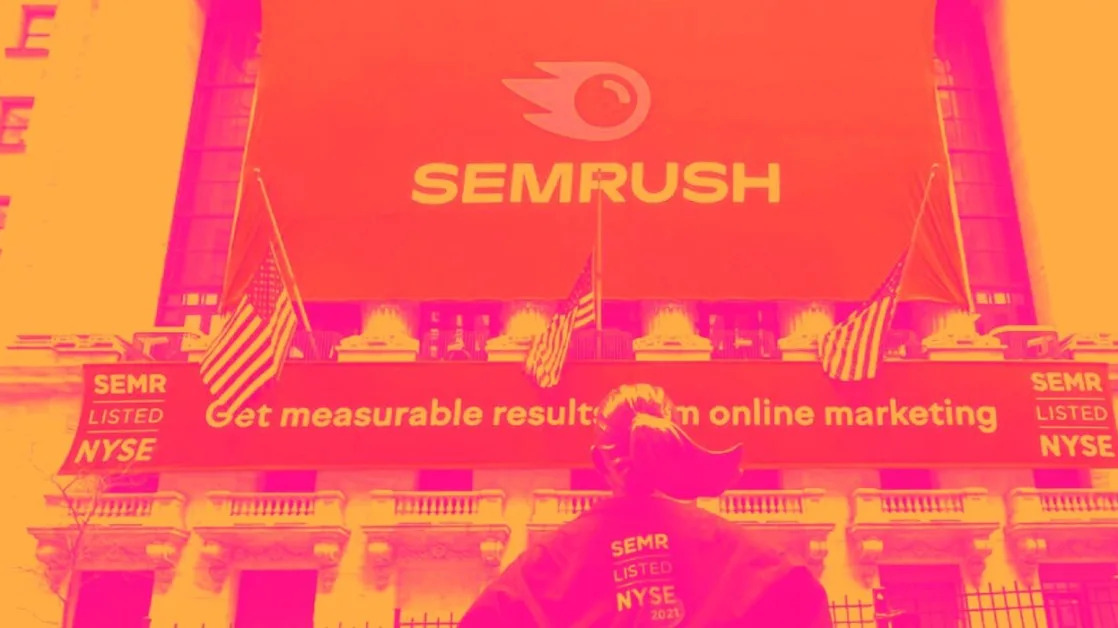The 2024 Republican National Convention generated more than $200 million in direct spending − including more than $50 million by Milwaukee visitors, according to a new report.
Along with additional spending by businesses and their employees, that created an estimated $321 million economic impact on the state and local economy.
That's according to the study released May 20 by the MKE 2024 Host Committee and Visit Milwaukee.
That total economic impact is well above a $200 million rough estimate convention backers had used before the event. But it comes after some downtown restaurateurs and other business operators reported disappointing results from the convention.
Milwaukee hosted the RNC in July, attracting 50,000 visitors. Fiserv Forum, the UW-Milwaukee Panther Arena and the newly expanded Baird Center were the main venues.
Of the $216.3 million in direct spending, $162.2 million is considered operational spending.
Most of that was spent by the Host Committee, Republican National Committee and the City of Milwaukee − with the city's share mainly funded through a $74.7 million federal security grant, the report said.
Operational spending, which includes spending by other organizations, covered such items as event operations, insurance, housing and professional services.
Visitors spent heavily on lodging
Also, convention delegates, their family members, news media employees, law enforcement officers, national committee staffers and other visitors spent $54.1 million at sites beyond the official RNC venues, the study said.
The largest amount, $36.6 million, was for lodging and accommodations, it said.
Other spending categories were food and beverage, $7.7 million; retail, $4.5 million; recreation and entertainment, $3.1 million, and local transportation, $2.2 million.
The biggest category for all direct spending − both on operations and by visitors − was business services, which totaled $49.8 million.
Along with that $216.3 million in direct spending, the study counts $65.1 million of indirect business sales and $40.1 million of induced business sales − for a total economic impact of $321.5 million.
Indirect spending covers RNC-related businesses that buy goods and services from other providers − for example, a hotel restaurant stocking up on food and drinks.
Induced spending accounts for money spent by employees of RNC-related businesses. That would include that hotel restaurant's wait staff spending money earned during the convention.
Benefits include tax revenue, higher MKE profile
The RNC also generated $26.8 million in federal tax revenue and $16.8 million in state and local taxes, the study said.
Convention boosters said the RNC raised Milwaukee's profile on a global stage.
"Our entire goal with this convention was to help put Milwaukee on the map for future events, and it already has,” said Peggy Williams-Smith, president and CEO of Visit Milwaukee, in a statement. Visit is a publicly funded nonprofit group that promotes Milwaukee as a travel destination.
Meanwhile, the Host Committee plans "to give back millions of dollars in leftover funds directly to the community," said Alison Prange, committee president and chief operating officer.
The Milwaukee Journal Sentinel's reporting during the convention and its immediate aftermath found hotels reporting strong business − while some downtown restaurants, taverns and stores seeing much less of an impact.
The occupancy rate for area hotels during the convention week was 83.4%, according to CoStar, a real estate data provider. That compared to 69.2% from the previous week.
The average daily room rate during the RNC was just over $350 compared to around $179 during the previous week, according to CoStar.
RNC disappoints some business owners
However, the Journal Sentinel in July interviewed several local business owners who were disappointed.
They cited three big factors: a spike in downtown employees working remotely, which decimated the normal lunch trade; a reluctance by area residents to venture downtown for dinner because of real and perceived traffic issues, and the busy schedule of delegates — many bused from hotels to Fiserv Forum and other venues — which left little time to explore downtown restaurants, taverns and shops.
There were unmet expectations, Nicholas DeSiato, Mayor Cavalier Johnson's chief of staff, told Common Council members in September.
Those was partly driven by the contradiction of Milwaukee being the center of a widely publicized week-long event − but with most of the activity confined to a small portion of downtown centered on Fiserv Forum and the Baird Center, DeSiato said at a council Steering and Rules Committee meeting.
The study was conducted for the Host Committee and Visit Milwaukee by Philadelphia-based Tourism Economics, a division of U.K.-based Oxford Economics.
(This story was updated to add new information.)
Tom Daykin can be emailed at tdaykin@jrn.com and followed on Instagram , Bluesky , X and Facebook .
Subscribe to get the BusinessWatch email newsletter.
This article originally appeared on Milwaukee Journal Sentinel: RNC created a $321 million Wisconsin economic impact, new study says





